
And who are you?
Does how you respond get conditioned by who asks the question? In what circumstances? In what environment? Do you always answer exactly the same or do you change it? Understanding and forming identity is a

Does how you respond get conditioned by who asks the question? In what circumstances? In what environment? Do you always answer exactly the same or do you change it? Understanding and forming identity is a

When you consult to a system who is your client? How do you know if you are doing the right thing? What constitutes doing good here and who decides? You cannot please everyone all the

what happens when your organisation is so evidently getting it wrong that people are suffering, that their work is becoming meaningless? What do you do then? Can you continue to ask for this loyalty? Should

Exploring using' clever' algorithms as a way of interacting with and even as mechanisms for distilling change from within. It's curious perhaps that here we see algorithms used as disruptive technology, with the potential, albeit

Why are the results of science considered more reliable than those from other forms of human inquiry, like poetry or philosophy?

By John Atkinson. If we genuinely believe the world to be a complex place, we need to consciously embrace that complexity, not suppress it. Once we do this, we realise we cannot resolve our activity
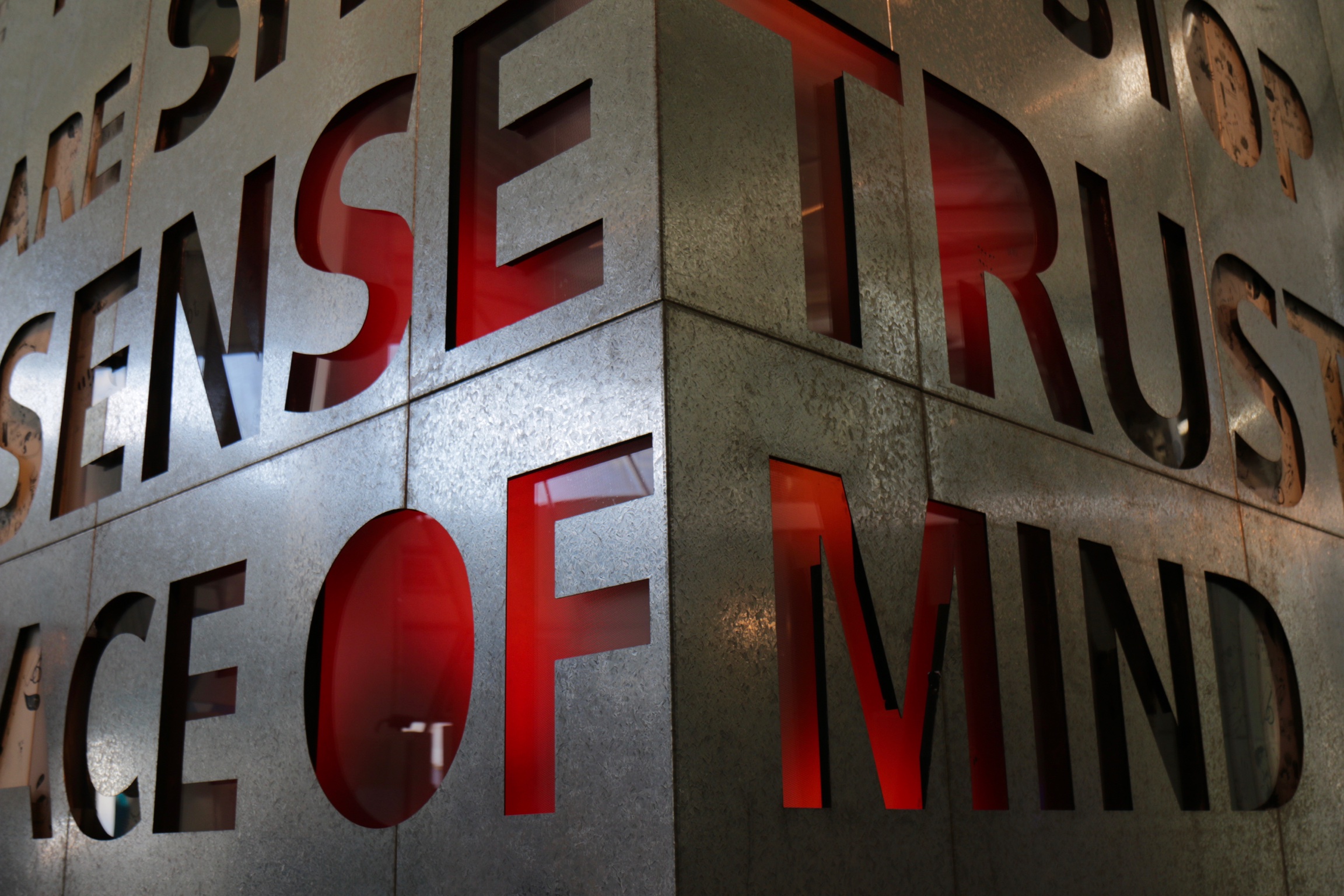
The way that we have set about delivering this quality has led to an environment where improvements to processes and systems are typically gradual and linear — focusing on reducing waste and variability. Our ability

Here are some sound pieces of advice: the more you know about a system, the better you are at predicting its behavior. If you want a large outcome, then put a large amount of effort

The Ecological Systems theory states that human development is influenced by the different types of environmental systems. Formulated by famous psychologist Urie Bronfenbrenner, this theory helps us understand why we may behave differently when we

From John Atkinson. Cause and effect analysis is quite hard. The connection between our actions and their impact can sometimes be quite obscure. Events will be explained away according to the version of history that
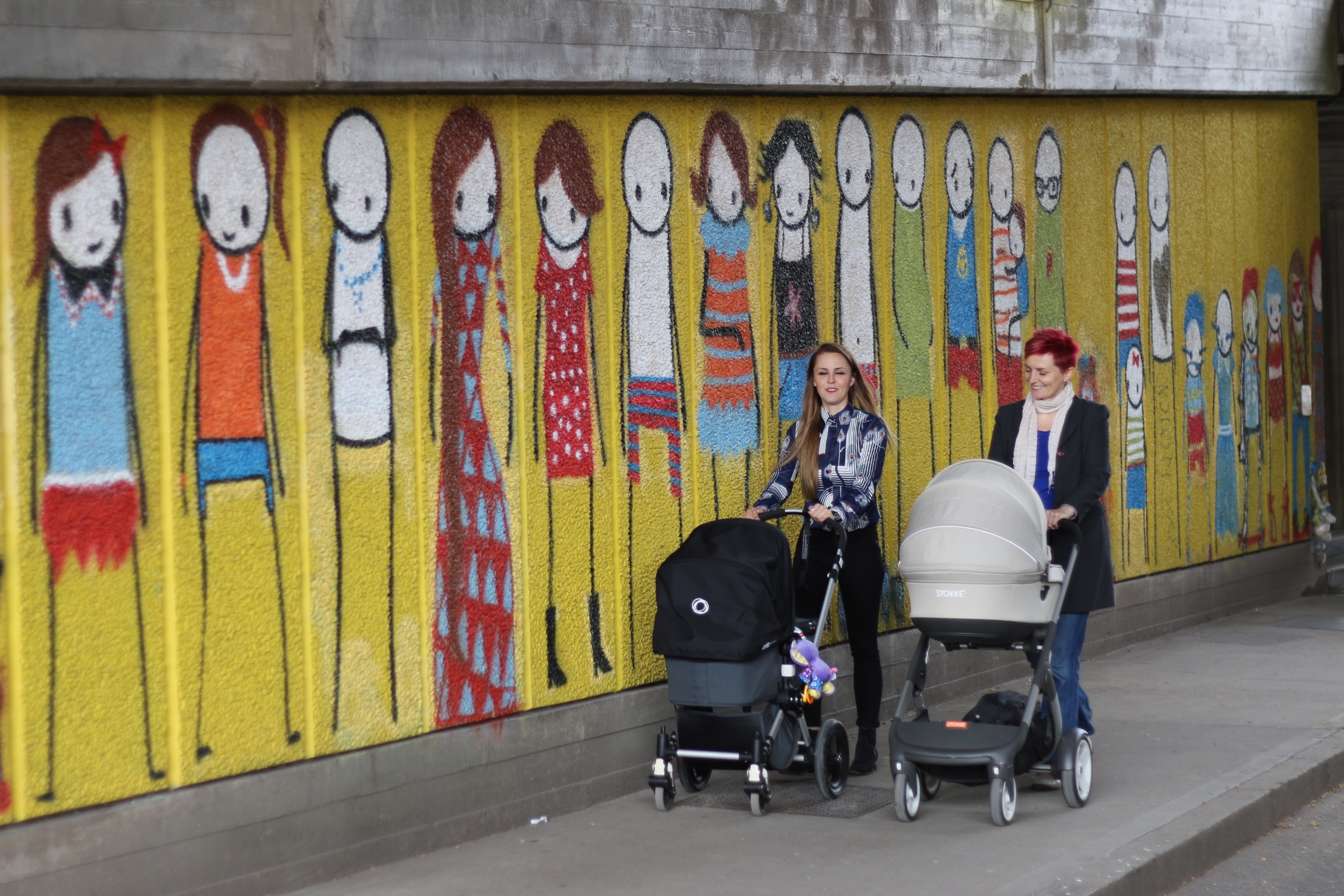
A family systems approach argues that in order to understand a family system we must look at the family as a whole. Two families living across the street from each other may each be comprised
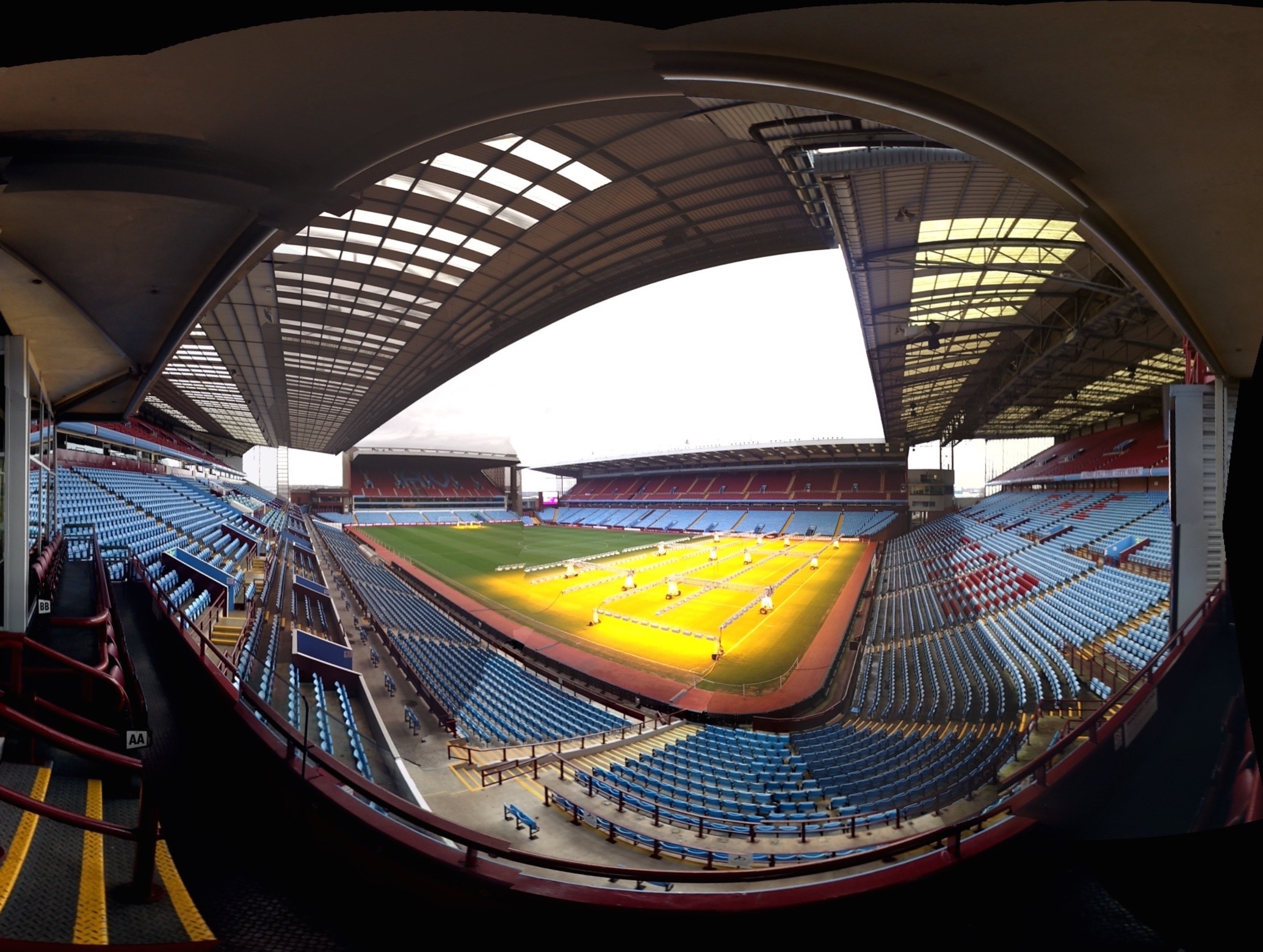
Performance and training science has traditionally been deeply influenced by the mechanical conception of human beings. It conceives the organism as a machine divided into parts and performance as the sum of different qualities. But
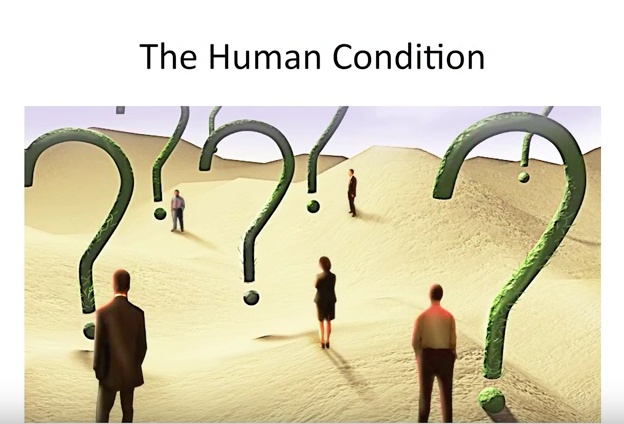
In this excerpt from the event, 'Why Nudge?', renowned public thinker Cass Sunstein defends his groundbreaking nudge theory.
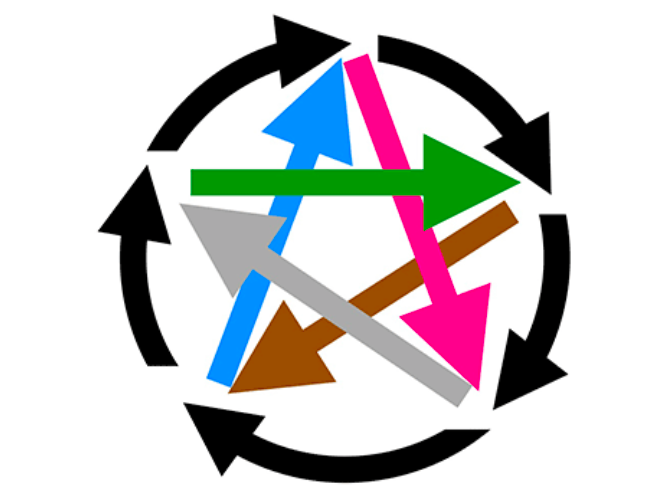
The five element theory is a way of taking a lot of information and organizing it in a way that makes it easy to understand. Used properly it becomes a way to understand complicated relationships
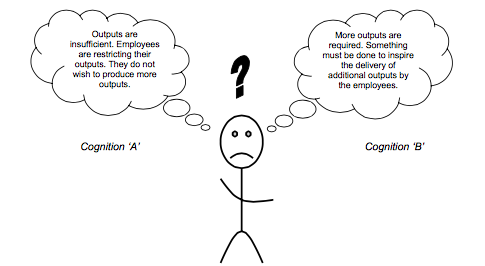
The significance of cognitive dissonance needs to be understood to rationalize the theory underlying social change processes. Social change in the context described might be applied within a personal or family relationship, a work organization,